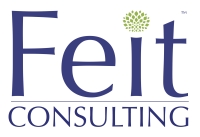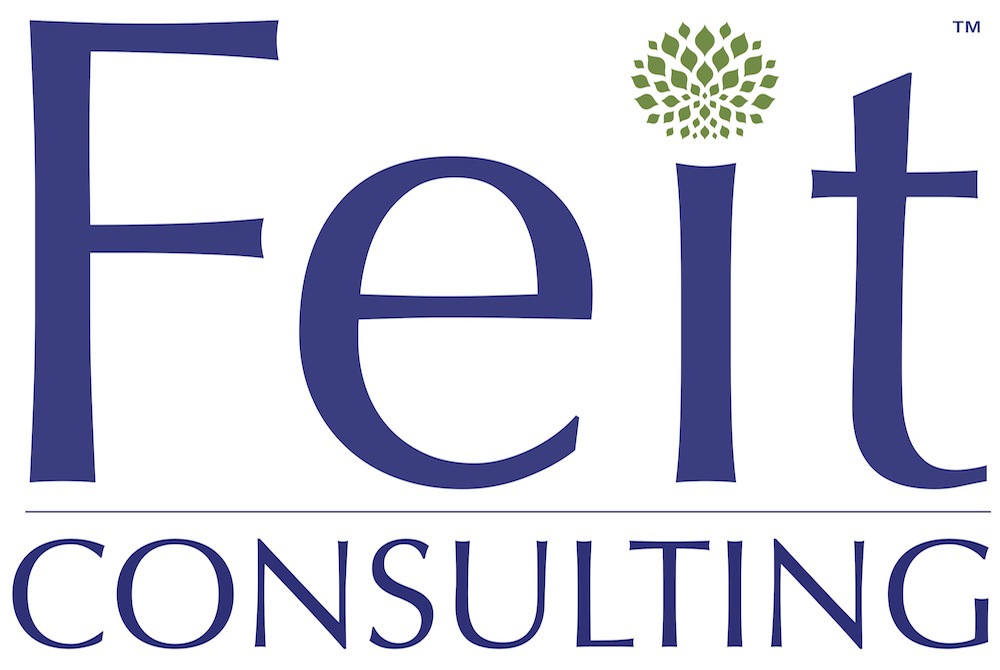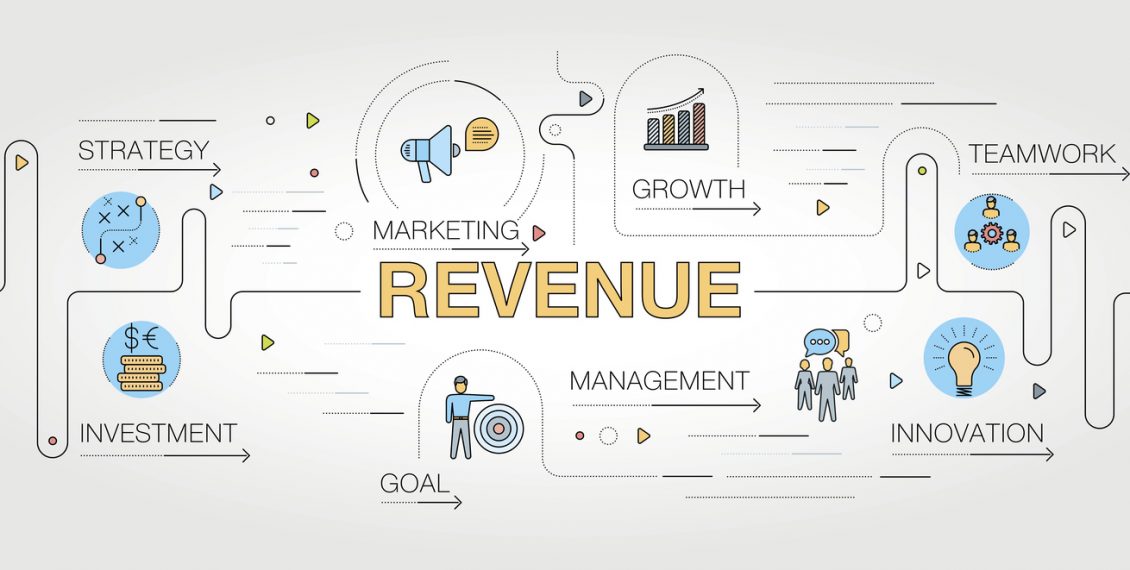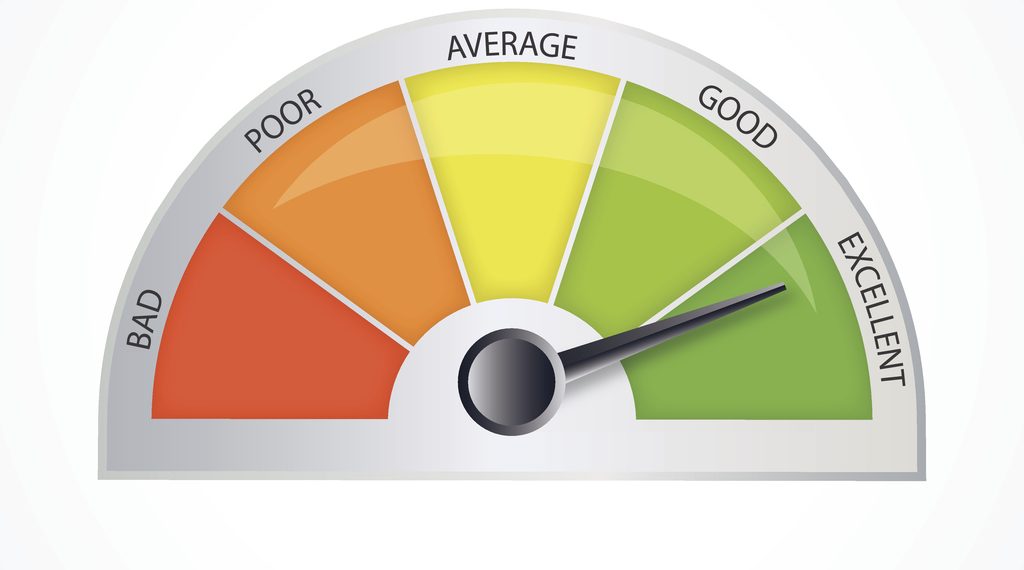By
Michael Feit
|
Librarians ,
Surveys
Cutting-edge…state-of-the-art…unconventional…using the most up-to-date techniques, technology and metrics…
While all these ideas are traits of the Modern Library, the first step to modernization really starts with you, the librarian. You need to be flexible in your approach and meet change head-on. Ask yourself, “How can I change my habits to actually facilitate change? How can I move out of my mindset of but we have always done it that way? What can I do differently to offer value to my organization and make them see me and my library in a new way?” While law firms have always depended on library and information professionals to support the research needs of their lawyers, the Modern Library is undergoing a paradigm shift. Success now depends on the library taking a more active role in the organization, to help support the day-to-day business of law.
While librarian skill sets remain the same, the methods used to apply those skills are vastly different from those of the past. The Modern Library is a nexus for interdepartmental support, including, but not an exhaustive list:
- Embracing new roles in Conflicts Support for new business intake
- Partnering with Marketing to provide competitive intelligence to support the RFP process
- Partnering with IT to identify and beta-test software
- Driving Knowledge Management
Be enthusiastic about new ideas. The Modern Library is a trendsetter, evaluating and embracing new techniques, ideas and technology to help support business processes.
It is no secret that the legal sector is in flux and change, which is the only constant in our organizations. There are changes we can forecast, and there are those we must be able to react to in order to function as a fiscally responsible unit in our organizations. The Modern Library, a business within a business, is not passive in its approach but rather utilizes metrics and analytics to forecast, predict and analyze data as changes occur.
Preparing and monitoring annual budgets and working with Finance on cost and recovery of client-related research are important fiscal initiatives. With the cost of resources continuing to rise, data-analysis tools such as Electronic Resource Management (ERM) are invaluable in analyzing usage, preparing for contract renewals and general collection development. No longer a nice-to-have tool, ERMs are essential as the Modern Library moves away from print towards virtualization.
Rather than be a target of downsizing or outsourcing, the Modern Library is innovative and forward-thinking. It strives to carve out new roles within the organization while showcasing the value of resources and staff.
Feit Consulting is interested in learning how modern you see your law library and what obstacles stand in the way of modernization. Click here to get started on our 15-minute survey.







